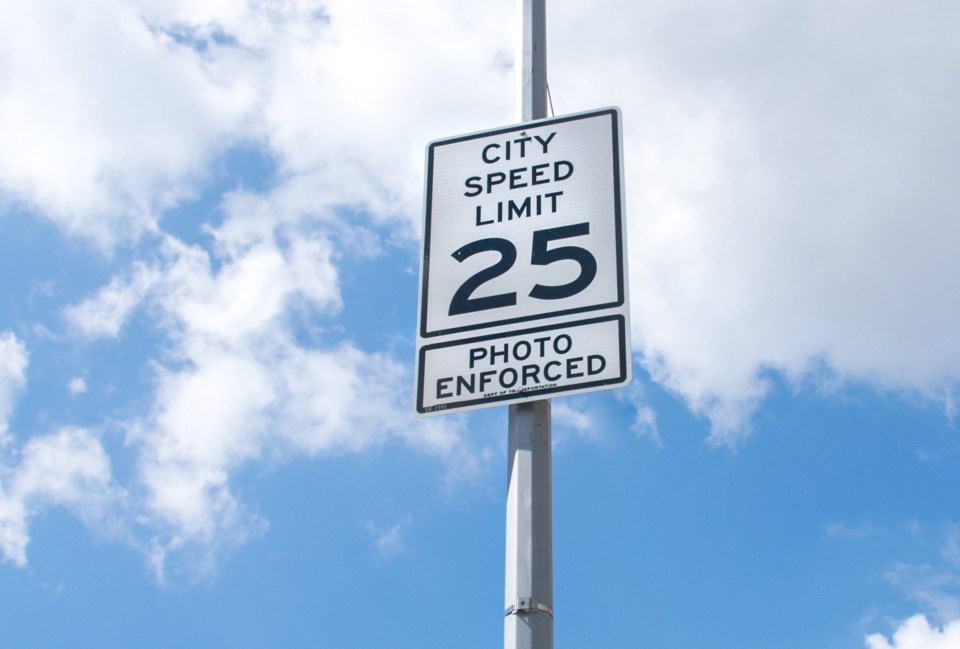Several bills in the Texas Legislature could make it easier for cities to lower speed limits on residential streets.
After advancing from the committee last week, Senate Bill 1663 proposes that cities can reduce speed limits on residential streets to 20 mph without undergoing expensive traffic assessments. A similar bill is also moving through the state House.
The goal of these bills is to increase safety for pedestrians — lower speeds mean fewer fatalities. According to AAA (via Axios), the risk of death is 10% at 23 mph, but it jumps to 25% at 35 mph and continues to increase as the speed goes up.
Currently, state law allows counties to lower speed limits on residential streets in unincorporated areas to 25 mph, however, cities have to conduct traffic studies, enforcement investigations and other costly tasks before taking action. These bills would give cities the same privileges as counties.
At a bill hearing, Kathy Sokolic, who leads Central Texas Families for Safe Streets, shared the story of her nephew, Ben, who was struck by a driver near his house at the age of 9. He succumbed to injuries related to the crash five years later. Sokolic feels that the speed limit of 30 mph near her family's house, situated in a planned community with numerous children and recreational facilities, was too fast.
According to data from the National Highway Traffic Safety Administration, Dallas has the second-highest rate of traffic fatalities. In 2021, Dallas had a total of 228 traffic-related deaths, out of which 61 were pedestrians. In Fort Worth, out of 128 traffic deaths in 2021, 38 were pedestrians.
But some opposed the bill for being “too broad.” Rachel Hale, who represented the Texas Eagle Forum during a recent hearing, said the bills give cities the “unilateral power to lower speed limits on highways, which are not designated part of the state highway system, down to 20 mph.”
The bill moved out of the Senate Transportation Committee last week and awaits a vote from the full Senate.




